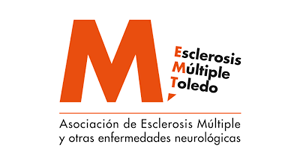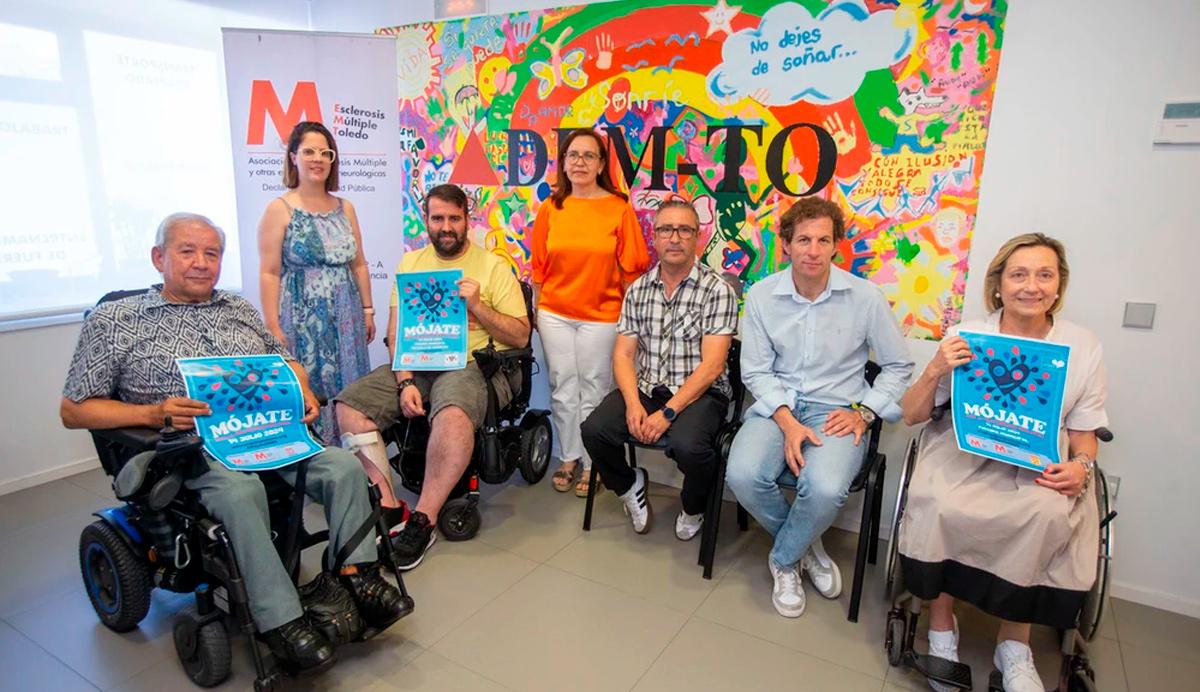On the second Sunday of July, thousands of people across the country get wet in solidarity with those affected.
The Multiple Sclerosis Association of Toledo (ADEMTO) has presented the campaign “Get Wet for Multiple Sclerosis.” On the second Sunday of July, thousands of people across the country get wet in solidarity with those living with Multiple Sclerosis. 900 beaches and pools in Spain and 3,000 volunteers are working for this event on Sunday, July 14. You can get wet by swimming or by buying t-shirts and other products that will help provide specialized social care and rehabilitation services for people with Multiple Sclerosis.
“Get Wet for Multiple Sclerosis” is a summer solidarity campaign. Since the Multiple Sclerosis Foundation started this campaign in Catalonia in 1994, thousands of people across the country have gotten wet in solidarity with the 55,000 people with Multiple Sclerosis in Spain.
Thousands of people buy t-shirts, towels, bags, aprons, and more to help people with MS access specialized social care and rehabilitation services. These items can be purchased at MS Associations and Foundations participating in the campaign.
Multiple Sclerosis affects 2,800,000 people worldwide, including 1,200,000 in Europe. Three out of four people affected are women.
Multiple Sclerosis is heterogeneous, also known as the disease of 1,000 faces. It is neurological, involving the failure of nerve impulse transmission, and presents diverse symptoms, some of which are invisible, such as mobility issues, sensory problems, vision problems, fatigue, and cognitive difficulties.
It is unpredictable; its course cannot be predicted with certainty and it can worsen over time. It appears in young adults and is the leading cause of non-traumatic disability in this group. Its cause and cure are unknown. Research and support are essential.
Rehabilitation, healthy lifestyle habits, and considering some environmental factors in daily life positively influence the quality of life. There are pharmacological treatments that can help manage the progression, relapses, and symptoms.


